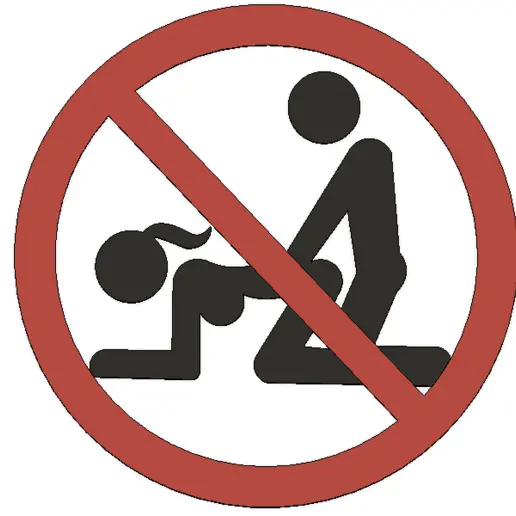Currency strength expresses the value of currency, for economists, it is often calculated as purchasing power.
The strength of a currency is determined by a number of factors, including its supply and demand, market forces within the country, inflation and the foreign exchange market.
Strength of a Currency: A currency is classified as strong when it is worth more than another country’s currency – in other words, if the American dollar was worth half a pound, the pound would be considerably stronger than the dollar. That means that the American dollar would be considerably weaker than the pound.
However, there are three (3) major determiners when it comes to knowing the strength of a currency;
Interest rates
High interest rates help promote a strong currency, because foreign investors can get a higher return by investing in that country. However, the level of interest rates is relative.
Interest rates is highly correlated. By manipulating interest rates, central banks exert influence over both inflation and exchange rates, and changing interest rates impact inflation and currency values. Higher interest rates offer lenders in an economy a higher return relative to other countries. Therefore, higher interest rates attract foreign capital and cause the exchange rate to rise.
Higher interest rates would attract some ‘hot money flows‘. Hot money flows occur when banks and financial institutions move money to other countries to take advantage of a better rate of return on saving. Given interest rates are close to zero in the US, higher interest rates in developing countries give a significant incentive to move money and savings there.
Nonetheless as a drawback, higher interest rates may reduce the rate of economic growth (see the effect of higher interest rates). In many circumstances, e.g. in recession, higher interest rates would not be suitable due to side effect on economic growth. Though if the economy was booming, higher interest rates would cause an appreciation and moderate the rate of economic growth.
Good Economic policies
Tight fiscal discipline and anti-inflationary monetary policies help promote a strong currency. In the long term, a strong currency depends on economic fundamentals. To have a stronger exchange rate, countries will need a combination of low inflation, productivity growth, economic and political stability.
For example, if Ghana increased interest rates, this might not be enough to cause an appreciation in the exchange rate. This is because, despite high-interest rates, investors would be concerned about the high inflation in the Ghanaian economy.
ALSO READ: Prez Buhari discloses the condition under which Nigeria-Benin border will be reopened
To increase the value of the currency in the long-term, the government will need to try supply-side policies to increase competitiveness and cut costs of production, for example, privatization and cutting regulations may help the export industry become more competitive in the long-term.
Stability
A strong government with a well-established rule of law and a history of constructive economic policies are the type of things that attract investment and thus promote a strong currency. In the case of the U.S. dollar, its strength is further augmented by the fact that commodities are generally traded in dollars, and many countries use the dollar as a reserve currency.
However, a strong currency is a mixed blessing. It makes imports cheaper and can improve living standards. However, it can also make exports less competitive and lead to lower economic growth




















